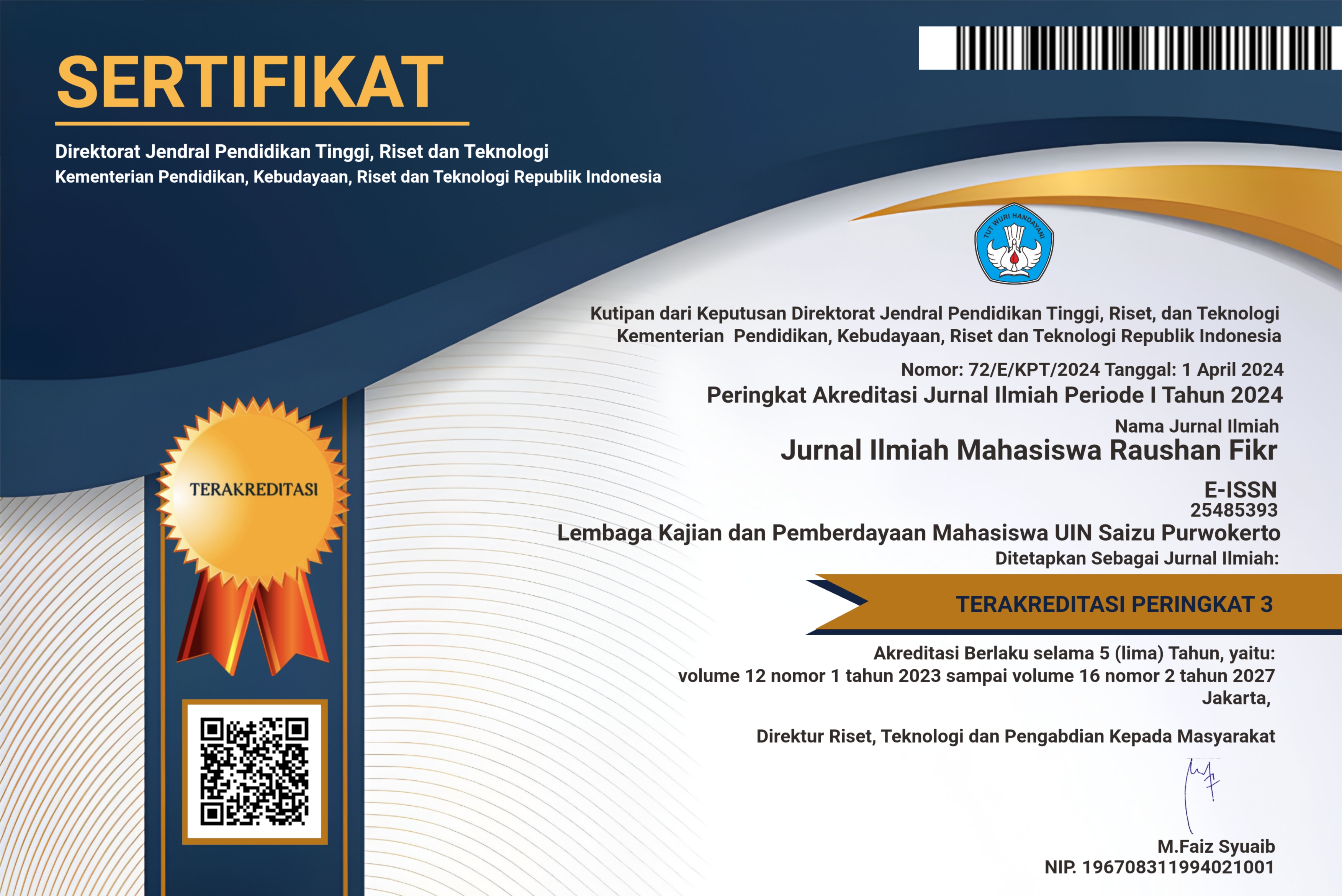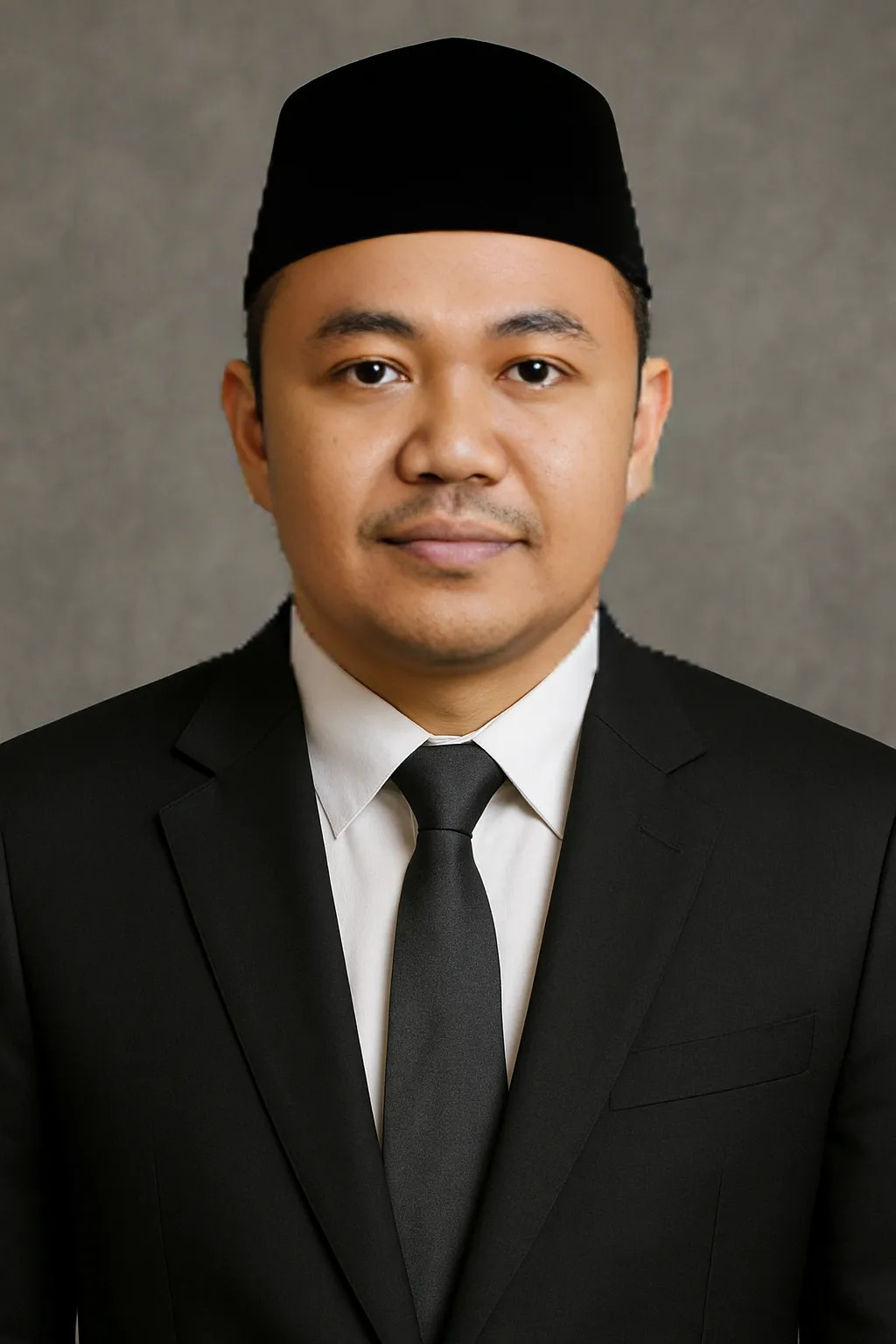PENGEMBANGAN SOFT SKILLS DAN RELEVANSINYA TERHADAP PEMBENTUKAN AKHLAK MAHASISWA: PERSPEKTIF HADIS
DOI:
https://doi.org/10.24090/jimrf.v8i1.3056Keywords:
Soft Skills, Moral, Students.Abstract
A person’s success is not determined solely by the knowledge and technical abilities (hard skills). But rather by the ability to manage themselves and others (soft skills) relating to factors of emotional intelligence (EQ). Because soft skills is critical given in the educational process. Inability to provide soft skills training will only result in graduates who are just good at memorizing lessons and get a little bit of skill when already in employment. Currently we are in the middle of the vortex hegomonia media, science and technology revolution. Not only is able to bring the ease and comfort of living for humans, but also invite problems and concerns. Progress in science and technology can reduce the humanitarian values or dehumanization. In the reality on the ground, moral development efforts through a variety of educational institutions and various methods continue to be developed. It shows that morality does need to be nurtured. Based on the hadith “Behold, I am sent by God to enhance budipekerti nobility†(HR. Ahmad). This type of research is qualitative research methods literature, namely data collection is done through the places of storage of research results. The data collection technique using the method of documentation, namely reference books that can be justified. Examination of the validity of data tend to use triangulation techniques theory. In this research using descriptive method with content analysis techniques, which draw a conclusion through the efforts of finding the characteristics of the message and be conducted objectively and systematically.Downloads
References
Amin. A. R, Penelitian Kepustakaan (Library Research), Website Banjirembun.Com, Https://Www.Banjirembun.Com/2012/04/Penelitian-Kepustakaan.Html?M=1.
Damanhuri, Metode Pengembangan Soft Skills Mahasiswa Universitas Darussalam (Unida) Pondok Modern Gontor Di Mantingan Ngawi Jawa Timur Indonesia Angkatan 2015/2016, Tesis (Online), Universitas Muhammadiyah Surakarta, 2016.
Marzuki, Pembentukan Kultur Akhlak Mulia Di Kalangan Mahasiswa Uny Melalui Pembelajaran Pai, Hasil Penelitian (Online).
Nata. A, Akhlak Tasawuf, Jakarta : Pt Raja Grafindo Persada, 2009.
Palupi. S, Upaya Membangun Karakter (Soft Skills) Mahasiswa Bidang Boga, Hasil Penelitian (Online).
Sinarwati. N. K, Apakah Pembelajaran Kooperatif Tipe Stad Mampu Meningkatkan Soft Skills Dan Hard Skills Mahasiswa?, Jurnal Ilmiah Akuntansi Dan Humanika, Singaraja, Jinah, Volume 3 No. 2 Juni 2014.
Tani. F, Penelitian Kualitatif: Empat Tipe Triangulasi Dalam Pengumpulan Data, Kompasiana, Https://Www.Kompasiana.Com/Mtf3lix5tr/5535a2946ea8347510da42d9.Selasa/Penelitian-Kualitatif-024-Empat-Tipe-Triangulasi-Dalam-Pengumpulan-Data
Taufik. A Dan Rohmadi. M, Pendidikan Agama Islam : Pendidikan Karakter Berbasis Agama, Surakarta : Yuma Pustaka, 2010, Cetakan Ke-1.
Downloads
Published
How to Cite
Issue
Section
License

This work is licensed under a Creative Commons Attribution-NonCommercial-ShareAlike 4.0 International License.
Authors who publish with this journal agree to the following terms:
- Authors retain copyright and grant the journal right of first publication with the work simultaneously licensed under a Creative Commons Attribution-NonCommercial-ShareAlike 4.0 International License that allows others to share the work with an acknowledgement of the work's authorship and initial publication in this journal.
- Authors are able to enter into separate, additional contractual arrangements for the non-exclusive distribution of the journal's published version of the work (e.g., post it to an institutional repository or publish it in a book), with an acknowledgement of its initial publication in this journal.
- Authors are permitted and encouraged to post their work online (e.g., in institutional repositories or on their website) prior to and during the submission process, as it can lead to productive exchanges, as well as earlier and greater citation of published work (See The Effect of Open Access).
















